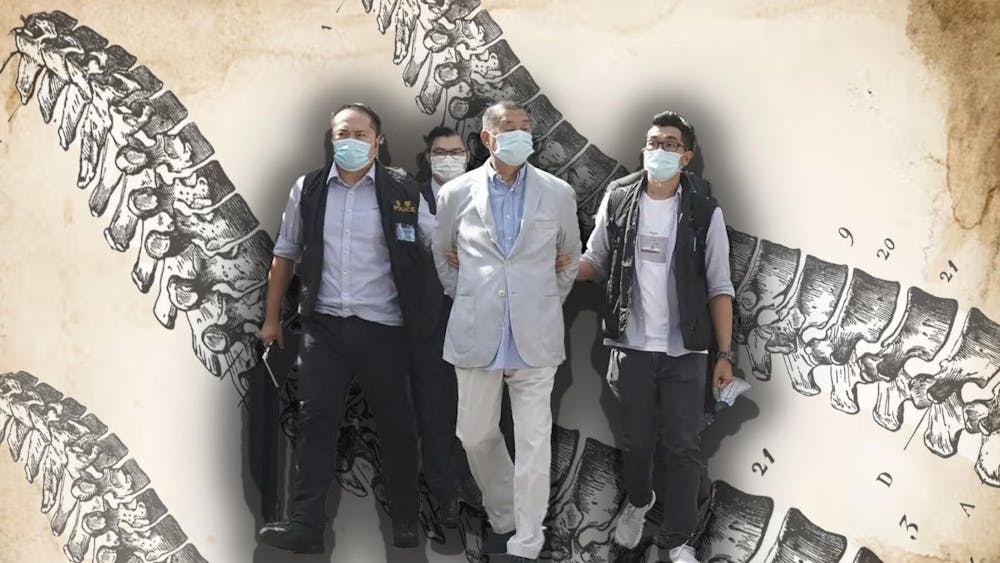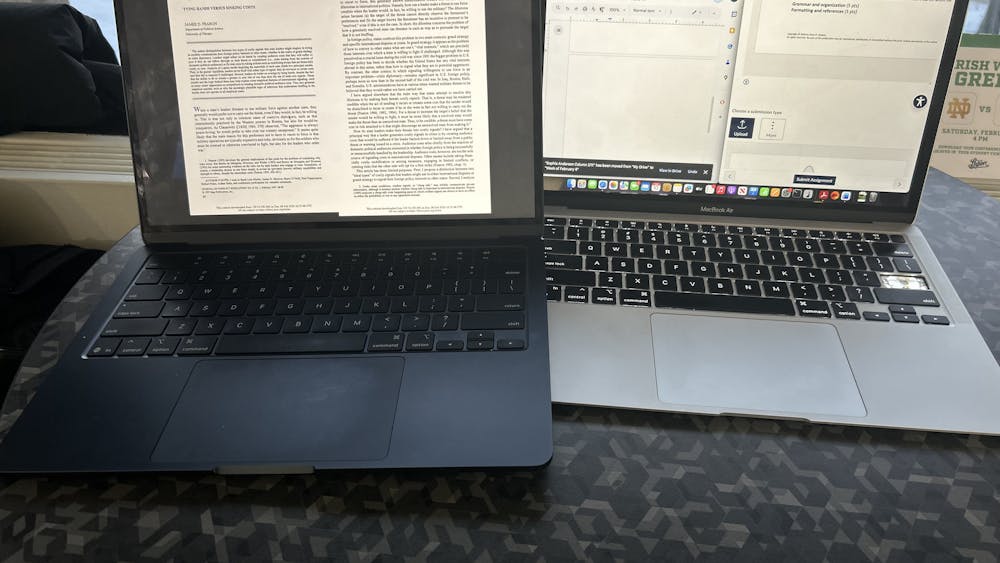After a Pakistan-based terrorist killed Indian paramilitary forces in the disputed Kashmir region, India retaliated by sending fighter jets over Pakistan. Pakistan shot these planes down, and now the two nuclear powers sit on the brink of war once again. A conflict that has been around since before the Israel-Palestine situation, the fight over the borders in Kashmir and Punjab has defined the young nations of India and Pakistan as they have strained to flex their muscles against their neighbor.
The British Empire released India from its colonial clutches in the mid-20th century, and the former colony of India was partitioned into two separate nations, Pakistan and India. Originally, the two were united as one single India, but the Muslim community eventually was separated from the Hindu community. Led by Mohammed Ali Jinnah, the Muslim League did not initially want to create a fully independent nation; they just wanted to lobby for Muslim rights in an India dominated by Hinduism. But relations grew too strained and bridges were too burned to restore, so the Muslims formed the independent country of Pakistan.
This initial partition was a violent time that immediately put the two nations at odds, and tensions have remained high ever since. On Feb. 14, over 40 Indian military personnel were murdered in a suicide bombing that the Indian government claims is covertly backed by the Pakistani government. It is no secret that Pakistan has an Islamic terrorist problem beyond its control, but some say that they do not wish to suppress it. Accusations of using terrorist groups as the so-called “front line” of the Pakistani military are hard to dismiss after thorough investigation.
Shortly after the suicide bombing Feb. 14, India attempted to respond. Shelling Pakistan in relatively insignificant areas of the Kashmir, India displayed its military power while also trying to avoid any serious confrontation. Either way, Pakistan was not having it. An Indian fighter jet was shot down in the most direct act of aggression in this conflict in years. India then responded by attacking Pakistani military training camps. It seemed momentarily that the situation would get out of hand, but thankfully Pakistan was able to ease tensions. By returning the captured pilot of the jet to India as a “peace gesture,” everyone was finally able to take a breath.
The biggest threat of an India-Pakistan war was the element of nuclear warfare. If the two officially declared war, the threat of nuclear weapon usage would thrust the world into a Cold War-like state of anxiety it has not seen since the 1980s. Cooler heads theoretically always prevail when nuclear weapons are involved, but with the history between these two countries, a full-scale nuclear war is definitely in the cards. This would turn a decades-long crisis into a global affair, forcing countries to either choose a side or stay out of it. India has the second-largest population of any country in the world, so any sort of war would be devastating in total loss of life. If nations began to actively support India or Pakistan exclusively, World War III could erupt. This is unlikely, especially as the crisis continues to be solved through diplomacy, but the threat of nuclear war was enough to make global headlines.
As these two nations slowly alleviate the newest tensions, an important event looms: the Indian elections. These are central to the upkeep of Indian democracy, and the nationalist media outlets there probably found it extremely fortunate that India-Pakistan relations reached a new low. Prime Minister Narendra Modi, with his Hindu nationalist Bharatiya Janata Party in power, capitalized on this incident, blaming the Pakistani Muslims for the attack right before the citizens go to the polls. It might gain him just enough support to rally the nation, as he had lost some ground before this incident. Election voting is due in less than two months, so Modi can hammer this incident in his campaigning to continue his Hindu nationalist platform.
India and Pakistan have been at odds for as long as the two countries have existed. Now, the stakes have never been higher thanks to nuclear technology. Electing Modi could rally India to go to war. Tensions will remain incredibly high even in the best-case scenario. Exchanging airstrikes and sponsoring terror attacks on one another is not a recipe for peace, and the world must keep a close eye on the situation. These elections will be pivotal to see where the Indian people stand on the issue of all-out war against Pakistan.
India-Pakistan tensions: What it means
The views expressed in this column are those of the author and not necessarily those of The Observer.









